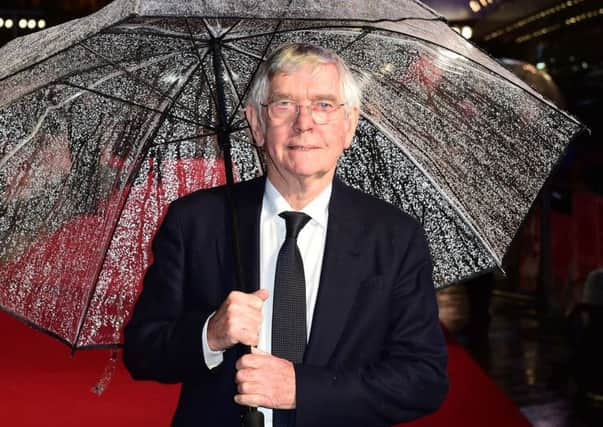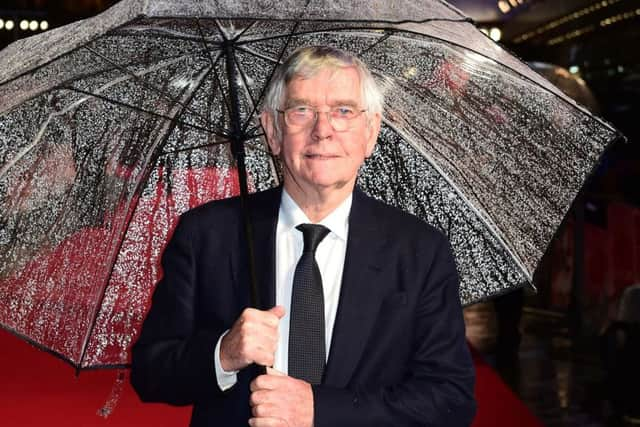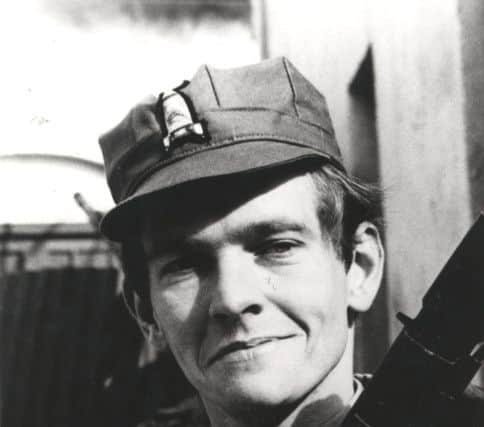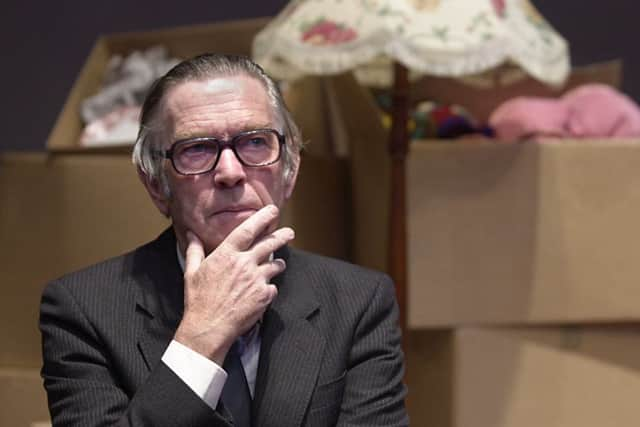Contentedness of the long-distance film star: Sir Tom Courtenay turns 80


Sir Tom Courtenay, who turns 80 today, is one of the grand knights of the English theatre. But his early life betrayed few hints of the path ahead.
He was born in Hull, the son of a boat painter. His grandma was a typical fish dock worker’s wife, who, he recalled, defended him when a little girl in Eton Street complained that he had lifting up her skirt. “He only wants to see what’s under there,” said grandma.


Advertisement
Hide AdAdvertisement
Hide AdAfter grammar school, he studied English Literature at University College London, but his heart wasn’t in it, and he went instead to the Royal Academy of Dramatic Art in London.
There, he met John Thaw, who became his best friend. He made his professional debut in a production of Chekhov’s The Seagull at the Old Vic in 1960, before taking over from Albert Finney in the role of the whimsical, working-class hero of Billy Liar, by the Leeds author and playwright Keith Waterhouse, at the Cambridge Theatre.
He was then shot to fame on the back of The Loneliness of the Long Distance Runner, which earned him a Bafta for best newcomer, and in the 1963 film of Billy Liar.
Courtenay found himself swept along as part of the British New Wave which became synonymous with actors such as Finney, Richard Harris and Alan Bates and directors like John Schlesinger, Lindsay Anderson and Tony Richardson. Although he found the attention overwhelming at times.


Advertisement
Hide AdAdvertisement
Hide AdHe appeared in a string of major films, including Operation Crossbow, The Night Of the Generals and David Lean’s 1965 classic Doctor Zhivago, which earned him an Oscar nomination for best supporting actor.
However, by the start of the following decade he consciously put the brakes on his film career.
“There was a British film industry in those days and now there isn’t,” he recalled.
“A film like The King’s Speech wouldn’t have been made without American money, that’s just how it is.


Advertisement
Hide AdAdvertisement
Hide Ad“I don’t have much faith in the film world and I couldn’t see myself in it. I did one Hollywood film but I couldn’t have lived over there.”
Instead he concentrated on stage work. He has a long-running association with the Royal Exchange in Manchester, where he first starred as the unquestioning valet in The Dresser, a part he later reprised with his old pal Albert Finney when he returned to the big screen in a 1983 film version, shot in Bradford, which earned him his second Oscar nomination.
His most recent role was as Cpl Jones in the remake of Dad’s Army last year, and shortly beforehand he had picked up the London Film Critics’ Circle Award for Actor of the Year in the romantic drama, 45 Years.
In 2000, he published a memoir, Dear Tom: Letters From Home, featuring a selection of correspondence with his mother, interspersed with his own recollections of life as a young student actor.
He is the President of Hull City’s supporters’ club, and in 1999, was awarded an honorary doctorate by Hull University.